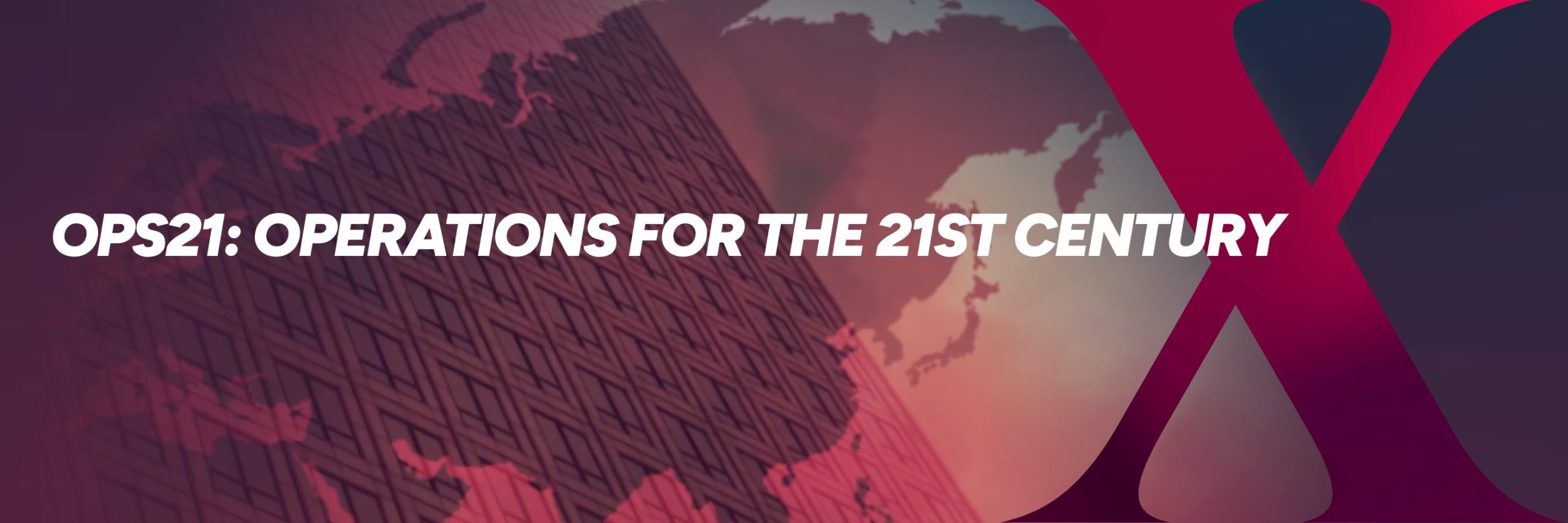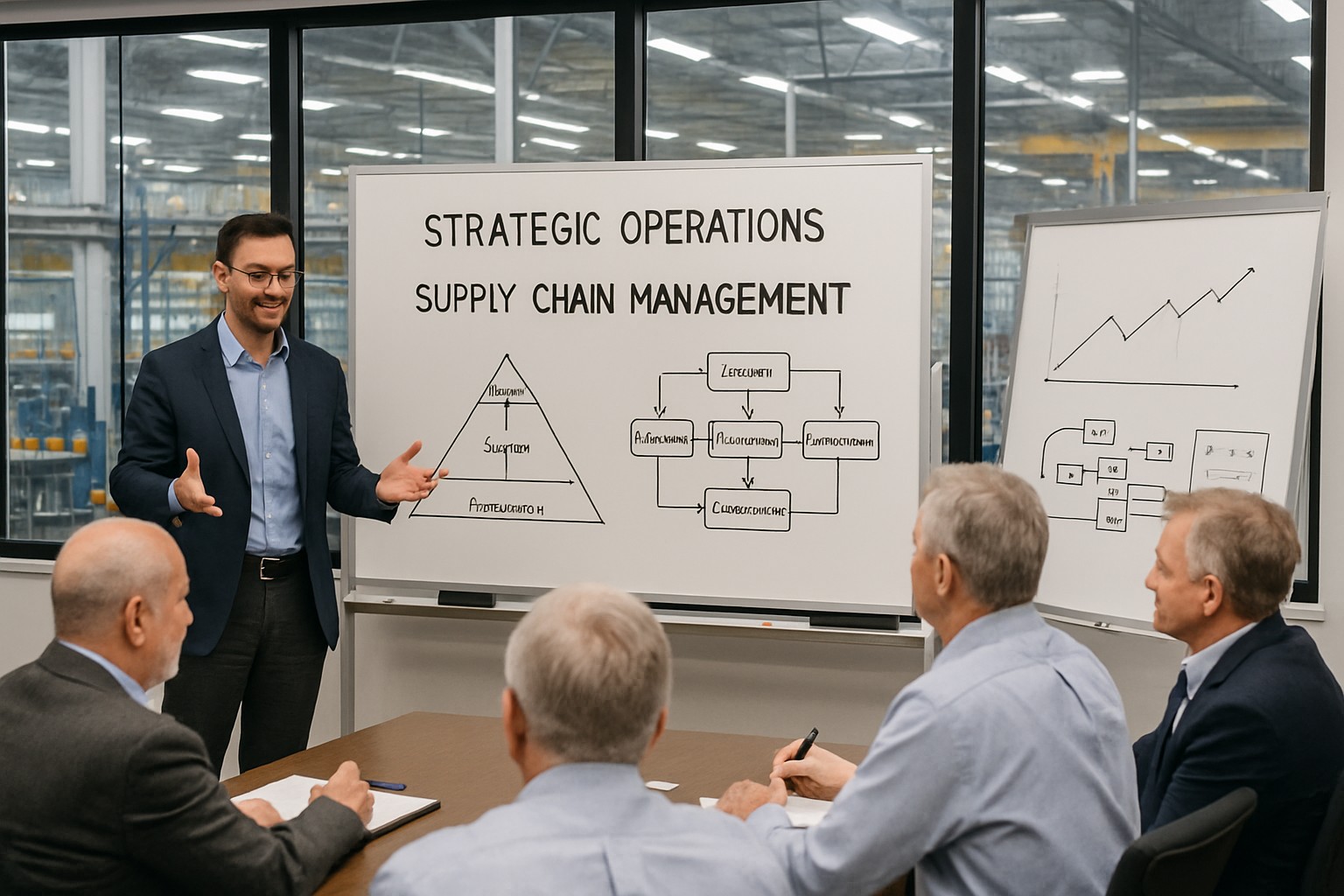
Mission
Capacity-building in organizations to tackle 21st century challenges and opportunities via applied, collaborative, rigorous Operations and Supply Chain Management (OSCM) research, publishable in top journals.
Objectives

01
Capacity-building at partner organizations to (a) enhance operational effectiveness and (b) create value (economic and socio-environmental) through operations and supply chain-focused business models
02
Knowledge creation and dissemination through (a) scholarly research articles and (b) trade and policy publications
Defining Features of Ops21 Engagements
- Most of the activities are performed at the “gemba” or with partner organization members
- Partner organizations as collaborators
- Focus on capacity-building in organizations
- Scientific approach with outcomes measured
- Research publications an essential outcome
- Organizations value participation in Ops21

21st Century Operation (Ops21) Director
Shardul Phadnis is a Professor of Operations and Supply Chain Management at the Asia School of Business. He studies the intersection of supply chains and strategic management: how organizations create value by orchestrating supply chain operations and how strategy processes like scenario planning influence the adaptability of supply chain infrastructures and processes.
Shardul has led collaborative applied research projects in various industries including chemicals, food and beverage, retail, pharmaceutical distribution, semiconductors, as well as government agencies in Asia, Europe, North and South America (incl. US). He served as the President of the board of directors of The Lost Food Project—one of Malaysia’s largest food banks—for 2.5 years, where he is currently President Emeritus.
Shardul holds a PhD (2012) in Engineering Systems from MIT. He worked in manufacturing companies for seven years before joining academia (with the last role as the head of the Lean Promotion Office).
Focus Areas for Ops21

(ARSC)
Build capacity for organizations and supply chains to be agile and resilient to operational disruptions, as well as to exploit new opportunities

Create organizational vigilance to enable noticing the signs of longer-term systemic shifts in the business environment and adapt organizations and supply chains

Exploit the advances in information technology, including AI, to make operational processes more efficient and effective


Enable a resolute and pragmatic transition to environmentally sustainable operations with net-zero greenhouse gas emissions





